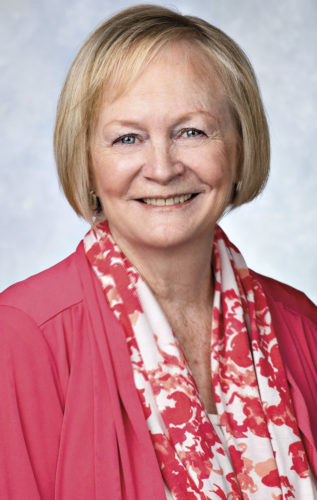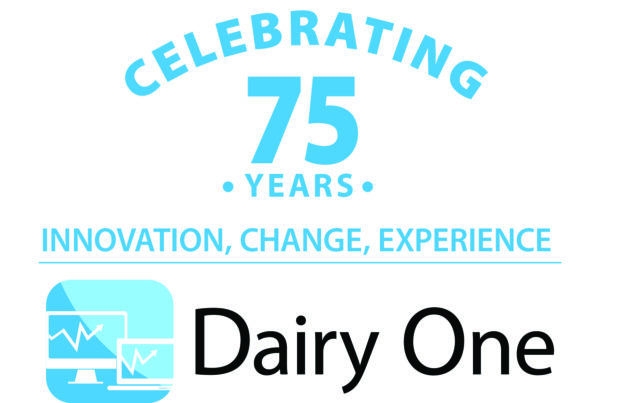“Mom, you’ve got to plant more wheat before you feed the last of it to the chickens. Now you have to go to read the market classifieds and try to find some for sale.”
“Well, whose idea was it to get chickens anyway? All they do is peck and poop. Hey, look. The chickens look like they’re dying; let’s eat them.”
“You can’t.”
Oh good golly, what kind of a farm is this where you can’t fry the chickens? I don’t get this bacon concept, either. We feed the pigs and then use liposuction to get the bacon?
I’m worried – how many kids play this game and believe it? Because if they do, we’re in trouble.
It’s a game app called Hay Day. And it’s incredibly, addictively annoying. So far, there is no alfalfa or hay involved. I can only feed corn, soybeans and carrots to my dairy cows.
Does anyone else find that odd? No hay in “Hay Day”? I did see in a later level I should be able to “unlock” a straw cart for decoration. How lame is that?
Sure, the game has crops, planting, harvesting, marketing, storing, bidding, buying. The only thing lacking is reality – no drought, water cutbacks, flooding, rain, rock to pick, weevil, nutrient management, no weeds, no farm bill.
It’s like farming in the Garden of Eden – with classified ads. This isn’t how we learn farming. Something is missing here.
In Daniel Coyle’s book The Talent Code, he talks about learning and quotes Robert Bjork, psychology chair at UCLA, who says, “It’s all about finding the sweet spot.
There’s an optimal gap between what you know and what you’re trying to do. When you find that sweet spot, learning takes off.”
There is a disconnect between what we learn on a shallow level (just hearing about forage practices at a seminar or reading about it in a magazine – even if it’s accurate – or playing an unrealistic app on our mobile device) and what we learn on a deeper level by getting dirt under our fingernails and practicing our knowledge.
However, one (either one, mind you) standing alone is incomplete and limited without the other. When we finally get academic knowledge on one axis to cross paths with the axis of practical knowledge, that’s when learning soars.
That’s the difference between the guy who likes to tinker with his hands and the surgeon.
Edwin Albert Link Jr. sensed the connection between academics and experience. In 1934, pilots in the U.S. Army Air Corps were dying in crashes not caused by war.
The pilots were simply trying to deliver mail by flying through winter storms. By all accounts, these pilots were the military’s most skilled, combat-ready airmen. So what was the problem?
Early pilot training was built upon the belief that good pilots were born – not made. Trainings included pilots strapping candidates into passenger seats and spinning them around the sky, making loops in the clouds – and if the student didn’t lose his lunch, he was considered pilot material.
Link decided that was no way to teach flying. So he borrowed bellows and a pneumatic pump from an organ factory and built a device that enveloped flight instrument panels and handles into a bathtub-sized contraption.
This was connected to a motor that responded to the controls in the pitch-and-roll manner associated with flying. When the pilot made a mistake, a light on the nose lit up.
It was the world’s first flight simulator. But nobody cared. He carried a unit around to county fairs for amusement for several years, but no one took it seriously until the desperation of 1934, when so many pilots died in winter storms.
That desperation led the air corps to look at Link’s device as a training model, teaching pilots to fly by instrumentation.
So I ask you, isn’t there anybody out there who would like to take up the challenge of creating an accurate farming simulator?
Something with a few reality checks that would forge the best academia axis with the practical experience axis? Anyone?
Farming isn’t just knees in the dirt, and it isn’t just seminars – and it certainly isn’t a game. Just think of the producers we could train over the next several years.
And if there’s anybody out there with some wheat to sell for my chickens, I’m buying. Game on. FG
Lynn Jaynes
Editor
Progressive Forage Grower









